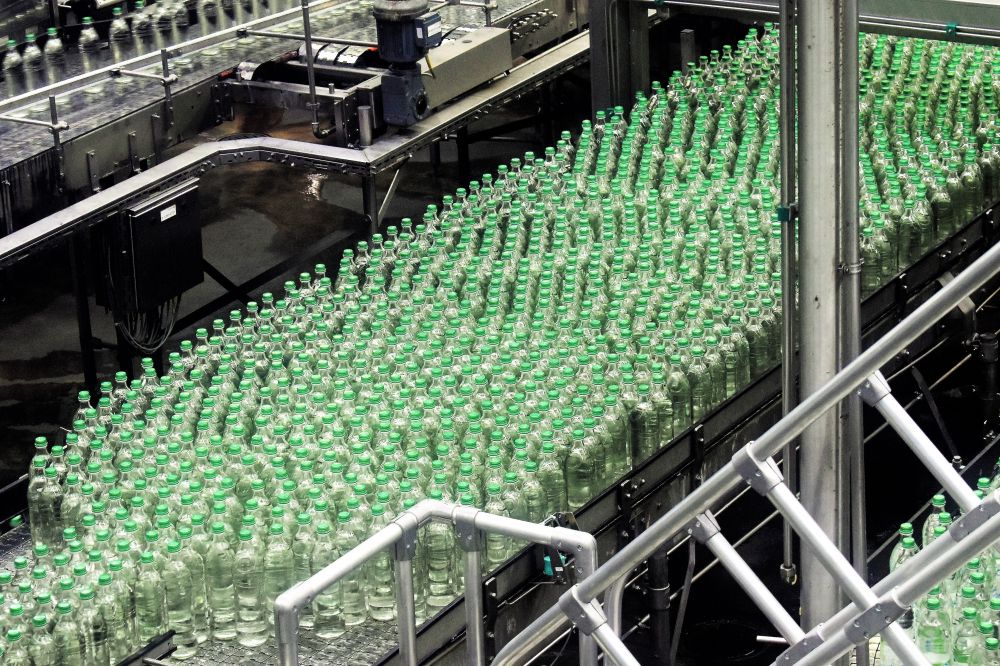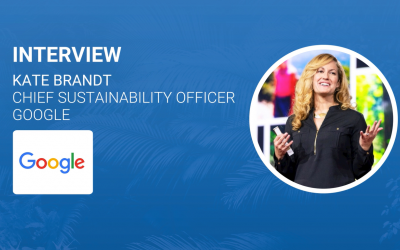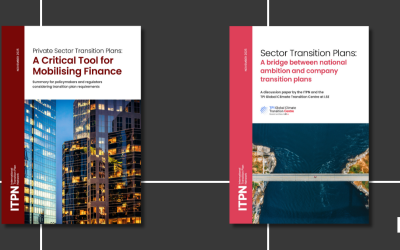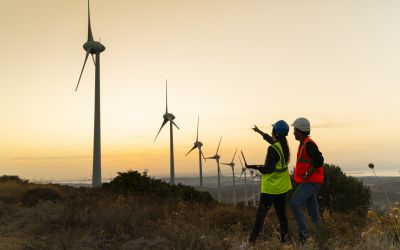Climate Action 100+ sets new expectations for food and beverage sector to reach net zero
The sector strategy report aims to enhance engagement between investors and food and beverage companies, to make progress towards lowering global greenhouse gas emissions.

The sector strategy report aims to enhance engagement between investors and food and beverage companies, to make progress towards lowering global greenhouse gas emissions.
The report, developed by Ceres and PRI, two of the founding investor networks of the Climate Action 100+ initiative, comes weeks after scientists warned that the planet is at risk of failing to achieve the goals of the Paris Agreement and the necessary reductions in greenhouse gas emissions without immediate policy changes in the release of the Intergovernmental Panel on Climate Change’s Sixth Assessment Report
The food and beverage sector is a large contributor to the world’s greenhouse gas emissions, producing a third of all global emissions, with supply chains producing the highest levels. Supply chain upstream emissions from agriculture and land use must be addressed in order to meet science-based emission reduction targets.
Ceres President and CEO Mindy Lubber and global Steering Committee member of Climate Action 100+ said: “As the IPCC makes clear, urgent action is needed now from food and beverage companies, both individually and across their supply chains, to make a net zero future possible.
Companies will need to produce interim targets and disclose how they will deliver on these so investors can accurately assess how prepared they are for the net zero transition.
PRI CEO and global Steering Committee member of Climate Action 100+ Fiona Reynolds said: “The scale of the food and beverage supply chain means that the sector faces extensive challenges around addressing emissions and moving towards net-zero,”
“We’re encouraging companies in the sector, and investors working with those companies, to be aware of and take action on addressing emissions throughout these supply chains.”
The report states scope 3 land-based emissions must decline by 85% in order to align with the IEA’s Net Zero by 2050 scenario, which the sector is currently not on track to achieve.
This can be accomplished if companies integrate supply change climate action into corporate policies, support agricultural producers to reduce climate impact, and align expenditures, product development, and R&D with a 1.5-degree scenario.
Jared Fernandez, ESG Analyst and Proxy Voting Manager at Boston Trust Walden, said: “The Climate Action 100+ Food and Beverage Global Sector Strategy report provides investors credible, actionable information to engage and accelerate a transition within the sector, which in turn helps mitigate climate-related risks at the portfolio level."
Find out more here.






